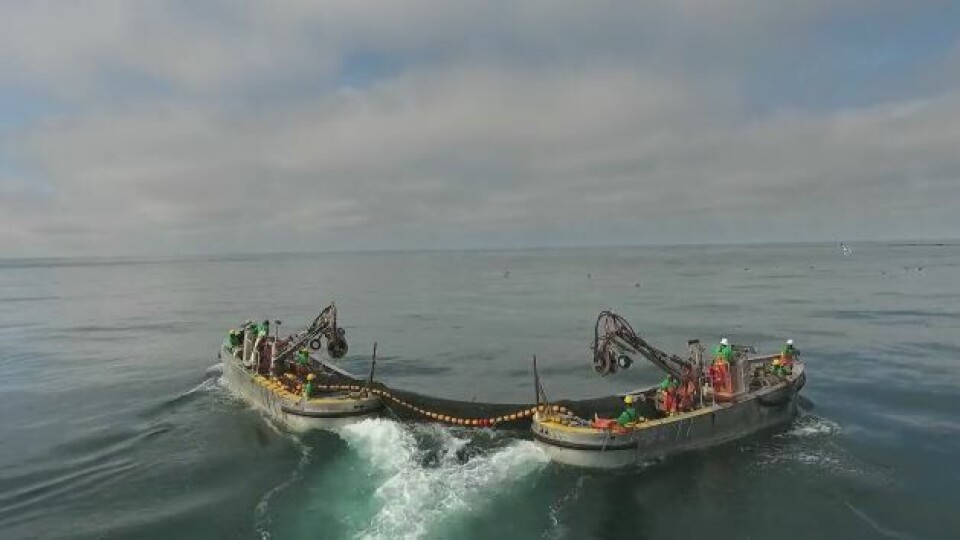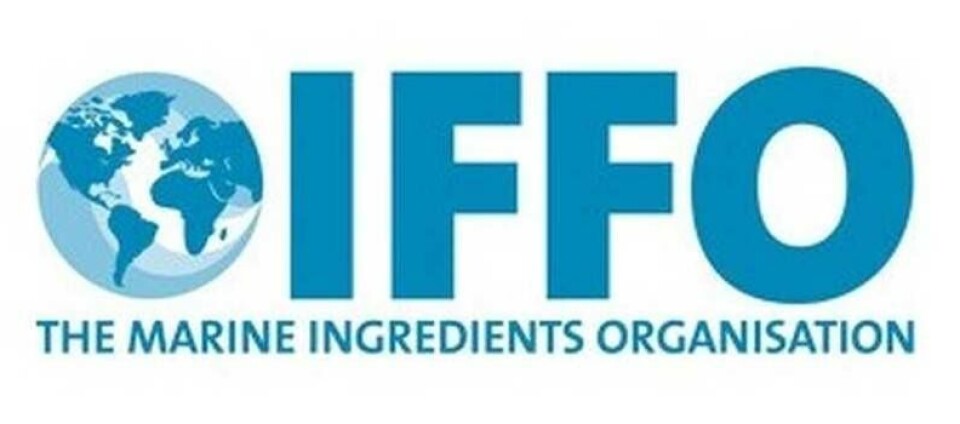
IFFO hits back over feed contest's 'misinformation'
Marine ingredients organisation, IFFO, has condemned what it claims is "exaggeration and misinformation" about the fishmeal and fish oil industry by organisers of the HeroX F3 competition, a contest to sell the largest volume of fish-free feed over a 16-month period.
The $200,1000 prize, presented at the Global Aquaculture Alliance’s GOAL 2017 conference in Dublin, went to China's Guangdong Evergreen Feed Industry Co. Ltd, which sold 84,691 tonnes of their fish-free feed for carp and tilapia.
In a statement, IFFO said it recognises that the supply of marine ingredients cannot meet growing demand and that alternative ingredients are needed. But it takes issue with F3 claims that marine ingredients are not sustainable.
It also points out that while fish-free diets have been available for vegetarian species such as tilapia and carp for many years, the growth and health of piscivorous species such as salmon and trout "may be compromised" by vegetable-based diets.
'Credibility damaged'
IFFO stated: "While we congratulate the finalists and winners of the HeroX F3 competition (some of whom are IFFO members), we are disappointed that the credibility of this initiative to encourage alternative sources of feed ingredients has been damaged by the organisers’ use of negative messaging, exaggeration and misinformation in relation to marine ingredients."
It continued: "The reduction in inclusion rates has allowed feed production volumes to continue to increase unhindered, also resulting in only 0.22kg of ingoing fish being needed to grow 1kg of farmed fish, for the most recent calculation based on 2015 data. In contrast to IFFO’s broader position, the F3 organisers’ intention has been to encourage the exclusion of marine ingredients from use in farmed fish feed, reducing choices for feed companies."

Refused dialogue
The IIFO statement added: "Unfortunately, the F3 challenge organisers have refused our offers to enter into dialogue or meet and provide up-to-date facts, instead choosing to seek publicity through a number of misleading or false statements.
"Principal among these are that marine ingredients are not sustainable. The organisers claim many of the world’s wild fish stocks are in rapid decline – a claim not borne out by the UN Food and Agriculture Organisation reports that show, since 1986, that global wild capture fisheries have been steady and are not declining. While catches of some small pelagic species used to produce fishmeal and fish oil are volatile, this is due to environmental fluctuation with permitted catches being varied in line with biomass abundance to protect the stocks."
Independently certified
The IFFO statement said over 45 per cent of the global production of fishmeal and fish oil is now independently certified as being safe and environmentally responsible, including in its sourcing of raw materials, a figure "that far exceeds any other source of feed ingredient".
IFFO also denied claims in a quote attributed to F3’s Dr Kevin Fitzsimmons, a professor at the University of Arizona, that: “In many countries, the fishmeal industry is responsible for forced labour, mistreatment of employees, and fishing from substandard fishing vessels with very high rates of injury and deaths.” IFFO claimed this exaggerated distressing but limited examples of human rights abuses reported in South East Asian fisheries, which represents around 12 per cent of the global fishmeal production.
It pointed out that fishing activities in the region were not directed to the production of fishmeal – the catch being segregated only on landing between human consumption and fishmeal - and that despite this, the industry is engaged in several initiatives to prevent abuses. IFFO added: "Given this accusation, it is surprising that the F3 prize giving criteria make no reference to social standards in the production of alternative ingredients entering the competition."
Misguided campaign
IFFO said an increasing amount (currently 35 per cent) of fishmeal is produced from recycled by-product and waste from fish processing, adding that it would "make little sense to exclude these valuable, responsibly sourced and highly effective ingredients".
IFFO concluded: "The F3 competition ignores fish health, mitigates against recycling of fish processing waste, promotes untruths and has not resulted in any true innovation. It is a great shame that those well-meaning contributors to the prize fund have been misled by this misguided campaign."
Read the full IFFO repsonse here.






















































